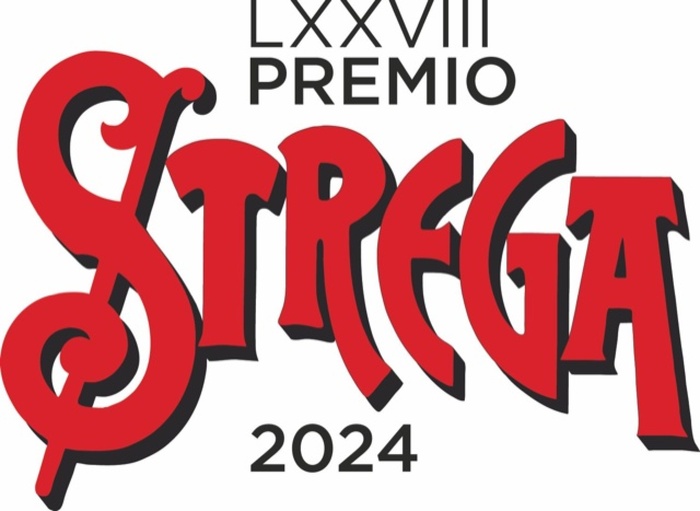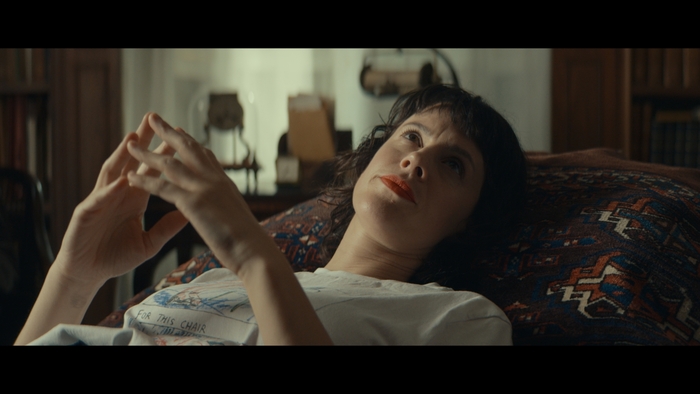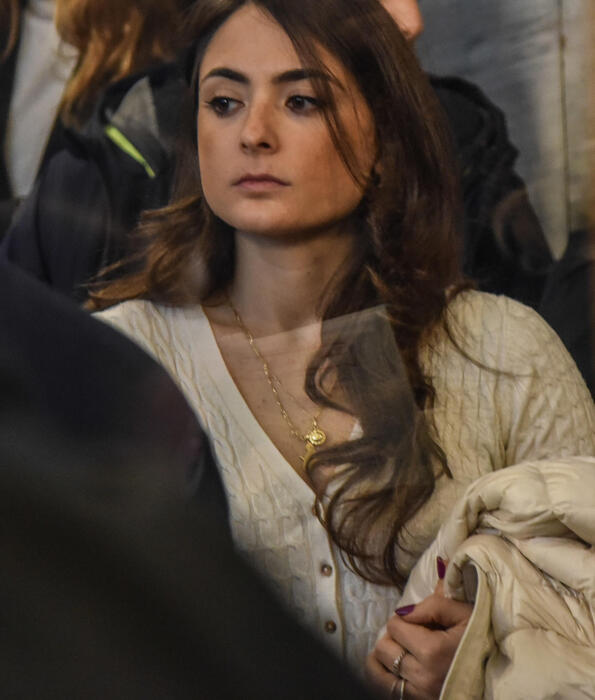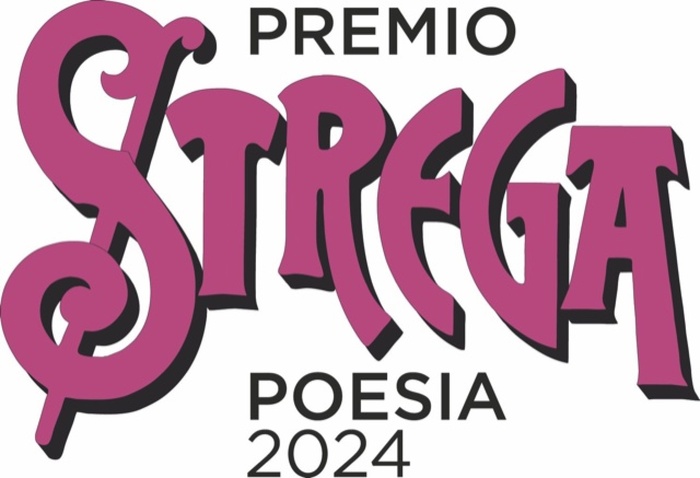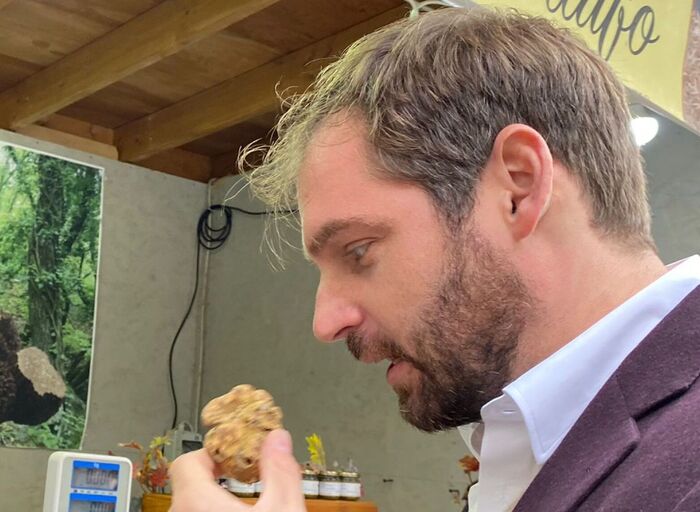CHIARA VALERIO, "THE HEART CAN NOT SEE" (EINAUDI, pp. 150 - 17.50 euro).
It is disturbing, but at the same time amusing and at the end even comforting this novel, a bit also an apologue of Chiara Valerio on the dangers of closing oneself up, of defending oneself from feelings and the importance of relationships: "Any human relationship is, for the most part of the time, an unthinkable barter between the terror of being alone and the joy of sharing, an unfair exchange between one's time, which is then one's way of being, and human nature, which is dividing it with others ".
In one's loneliness, everyone can be heartless, but he can also miss the air and no longer work the biological and social metabolism. And that's what happens to Andrea Dileva, a successful intellectual and university professor, who first loses his heart, then his lungs and then his liver.
Despite this he continues to live or survive as before, getting by his wife Laura, who wanted to leave him before he had this disease that eats men from the inside and now it seems impossible to do so, and the beloved friend (but without sex) Carla with son Simone with whom he makes up for not having had the courage to have a child. He also survives with astonishment his doctor friend Angelica, who after being with him as a young man he discovered himself a lesbian, and now checks how those organs do not feel and can no longer be seen even with X-rays, while continuing to perform their functions.
History is increasingly becoming the portrait of a generation, of love and a life in which everything appears mobile, always incomplete, never lived to the full, playing in the balance between reality and metaphor, between questioning whether certain sensations and memories will continue to exist even in that cripple of his and to try to commit suicide by cutting his veins, to discover that since he no longer has the heart to pump, the blood does not come out. But how much can you survive in such a condition? The writing proceeds often changing point of view, working on the various characters with stories, indirect speeches, brief dialogues, incursions into the past and the whole, rather than digressions, seems a vital flow of enrichments, a not forgetting a cue, encompassing every narrative to 360 degrees, as growing through parthenogenesis. Then the personal dimension becomes multiple and existential, always as if waiting for a solution, without waste or twists in a way of being and living that lets itself be conditioned and transported by events. Thus, with some overly insistent philosophical and mythological insights (Andrea is a teacher of Greek) and with fine, not emphasized subtle notations on the masculine and the feminine, things gradually reveal themselves and the protagonist's younger sister, Cristina, is explicit for the which everyone, every individual is part of a larger, familiar and social organism: "the sick body is not a cell, or an organ if you prefer, of a more extended relational body, and therefore, if it gets sick, the other parts of this body they run to the rescue "and then concludes, pressed by Andrea," with all the blood in common that we have I am your liver ". In short, the truth is that those who open themselves to others, those who have solid relationships and solid friendship heal first, survive better, even if their hearts cannot be seen. (HANDLE).
Chiara Valerio, how to live without a heart
2019-12-10T09:47:30.230Z
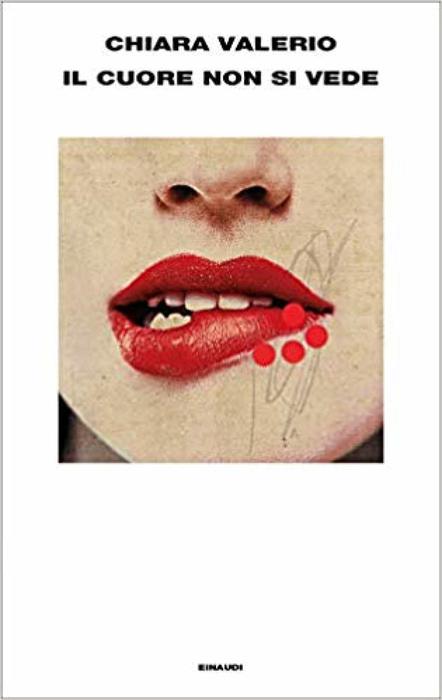
In one's loneliness, everyone can be heartless, but he can also miss the air and no longer work the biological and social metabolism. And that's what happens to Andrea Dileva, a successful intellectual and university professor, who first loses his heart, then his lungs and then his liver. Despite this he continues to live or survive as before ... (ANSA)

